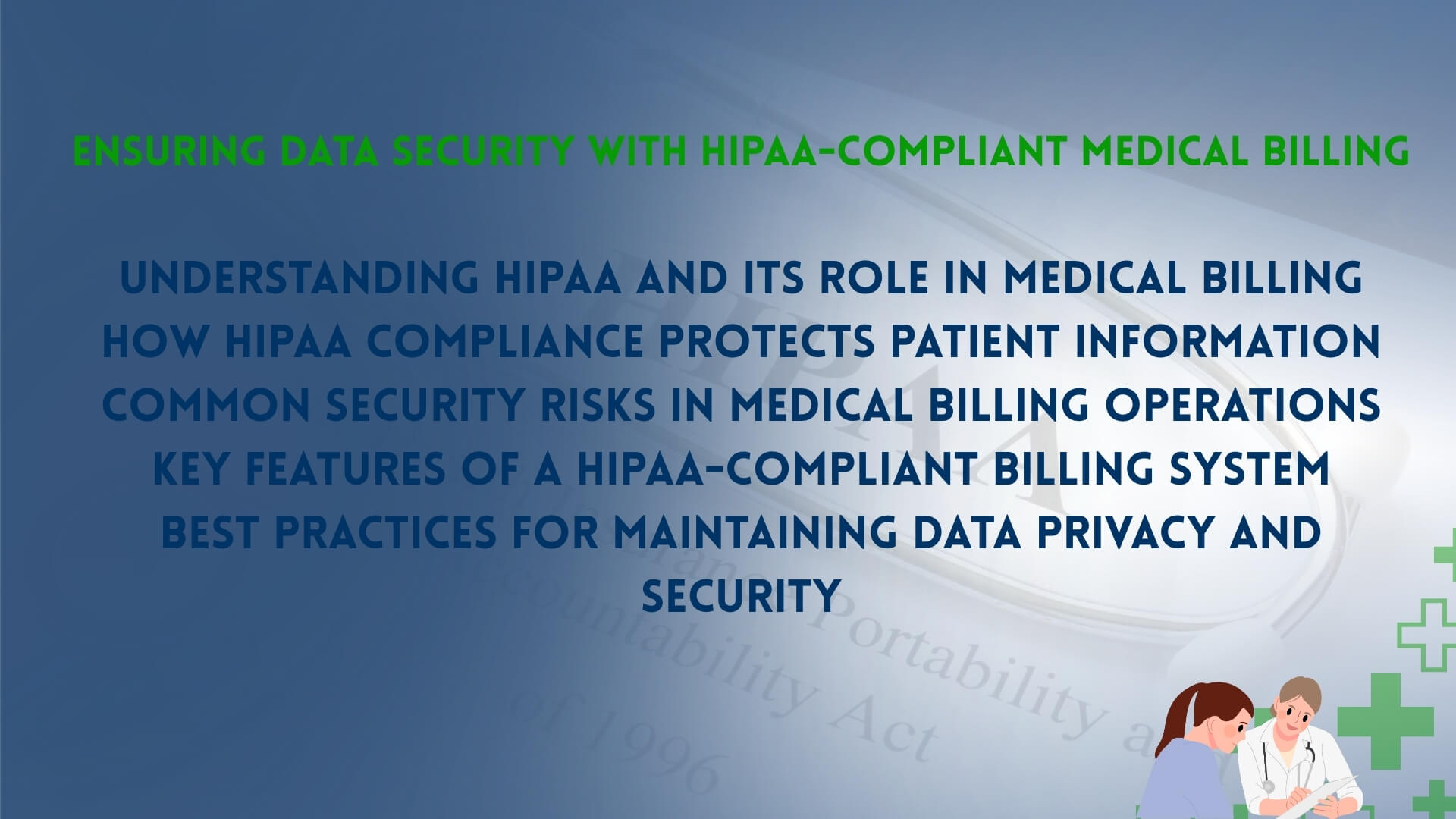What is HIPAA Compliance?
HIPAA (Health Insurance Portability and Accountability Act) is a U.S. law that governs the privacy and security of healthcare information. It ensures that healthcare organizations protect sensitive patient data and maintain confidentiality during the process of care, billing, and administrative activities. Achieving HIPAA compliance is a crucial step for healthcare providers to build trust and avoid legal liabilities.

Why is HIPAA Compliance Important?
HIPAA compliance is essential to safeguard patient health information. Healthcare providers must ensure that sensitive data, such as medical records, prescriptions, and billing information, are protected from unauthorized access. Non-compliance can lead to severe penalties, loss of patient trust, and compromised care. By following HIPAA guidelines, healthcare organizations can ensure that they meet legal requirements and provide secure services to their patients.
Key HIPAA Compliance Requirements
Accurate oncology billing is crucial to ensure that healthcare providers are reimbursed correctly and promptly for the care they provide. Due to the high costs of cancer treatment, billing mistakes can lead to costly delays or denials, impacting both the financial health of the practice and the quality of care patients receive. Effective oncology billing ensures that patients’ treatments are properly covered, and practices are financially sustainable.
Key Strategies for Effective Oncology Billing
- 1. Implement Privacy Policies: Establish comprehensive privacy policies that ensure patient confidentiality and information security. Regularly review and update these policies to meet HIPAA standards.
- 2. Conduct Risk Assessments: Regularly assess potential risks to patient data and implement security measures to mitigate those risks. This includes physical, technical, and administrative safeguards.
- 3. Employee Training: Provide ongoing training for employees on HIPAA regulations and how to handle patient information securely. Make sure everyone understands their role in maintaining compliance.
- 4. Secure Patient Data: Use encrypted communication methods and secure storage systems to protect patient data from breaches or unauthorized access. Implement password protection and access controls.
- 5. Monitor and Audit Access: Continuously monitor access to patient data and conduct audits to detect any unauthorized attempts to access or misuse sensitive information.
The Role of Technology in HIPAA Compliance
Modern technology plays a significant role in ensuring HIPAA compliance. With the use of secure software for storing and transmitting patient data, healthcare organizations can streamline the process of maintaining privacy and security. HIPAA-compliant tools such as Electronic Health Records (EHR) and encryption software can help ensure that sensitive information is always protected, both during and after treatment.
Prioritize Patient Education and Communication
Educating patients about their insurance coverage, potential out-of-pocket costs, and the billing process is vital in oncology. Transparent communication helps manage patient expectations and reduces the likelihood of payment issues later on. Provide patients with clear explanations of their financial responsibilities and treatment options.
How to Achieve HIPAA Compliance
To achieve HIPAA compliance, healthcare organizations must take a systematic approach that includes establishing policies, providing staff training, investing in secure technology, and regularly assessing risks. Working with compliance experts and healthcare consultants can also ensure that your organization stays on track and meets the ever-changing requirements of HIPAA.